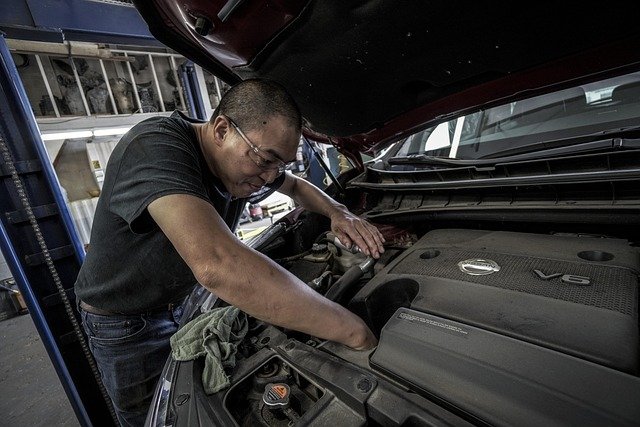Auto Mechanic Training: Your Path to a Stable Career
Automotive mechanic training opens doors to a practical, in-demand career in the auto industry. With hands-on instruction, certification prep, and real-world experience, training programs equip you to diagnose, repair, and maintain modern vehicles. Learn about program lengths, earning potential, career outlook, and top training options to decide the best route for turning a passion for cars into a reliable profession.

How long does automotive mechanic training take?
The time required to complete training for a career as an automotive mechanic depends on the credential you pursue and the program structure. Short certificate or diploma tracks often run from about six months up to a year. If you opt for an associate degree, expect roughly two years of full-time study. Some schools offer accelerated options that shorten classroom time, while cooperative internships or apprenticeships add hands-on experience and can extend the overall timeline—yet they deliver valuable workplace exposure and skill-building.
Career prospects for trained mechanics
Skilled auto technicians can work in a wide range of settings: new and used car dealerships, independent repair shops, fleet maintenance operations, specialty performance or restoration shops, and even mobile service businesses. As vehicles incorporate more advanced electronics and computer systems, employers increasingly value technicians who combine mechanical aptitude with diagnostic and tech skills. According to the U.S. Bureau of Labor Statistics, employment of automotive service technicians and mechanics is projected to show little or no change from 2020 to 2030, but the industry still expects about 69,000 job openings per year on average over the decade—mainly to replace workers who retire or change occupations.
Earning potential for automotive mechanics
Pay varies by experience, location, employer type, and specialization. The U.S. Bureau of Labor Statistics reported a median annual wage of $46,880 for automotive service technicians and mechanics in May 2021. The lowest 10 percent earned under $29,010, while the highest 10 percent earned more than $75,100. Many technicians supplement base pay with overtime, flat-rate jobs, certifications that command higher rates, or specialty work (such as hybrid/electric vehicles or performance tuning), all of which can raise overall earnings.
Notable training programs and what they offer
Below are several well-known programs and what students typically gain from each. Costs are approximate and may change—verify current tuition and fees with each institution.
-
Automotive Technology — Universal Technical Institute (UTI) Key features: Industry-aligned curriculum with hands-on labs and manufacturer-specific course options. Estimated cost range: $30,000–$45,000.
-
Automotive Service Technology — Lincoln Tech Key features: Accredited program, dedicated career services, preparation for ASE certification exams. Estimated cost range: $25,000–$35,000.
-
Automotive Technology Associate Degree — WyoTech Key features: Intensive instruction (some tracks are compacted into roughly 9 months), business and shop management coursework, career placement assistance. Estimated cost range: $28,000–$38,000.
-
Automotive Technology Diploma — IntelliTec Colleges Key features: Flexible scheduling for working students, instructors with ASE credentials, on-site service bays for hands-on practice. Estimated cost range: $20,000–$30,000.
Prices, rates, or cost estimates noted here reflect the latest available information at the time of writing but can change. Always research current tuition, fees, and financial aid options before committing.
How to select the right program
Choosing a program that suits your goals is critical. Consider these factors:
- Accreditation: Accredited schools meet defined educational standards and may make it easier to secure financial aid and transfer credits.
- Curriculum relevance: Ensure the coursework covers modern vehicle systems, diagnostics, and electrical/electronic systems in addition to traditional mechanical training.
- Hands-on facilities: Look for up-to-date shop equipment, diagnostic tools, and access to late-model vehicles or manufacturer training modules.
- Certification preparation: Programs that prepare students for ASE (Automotive Service Excellence) or manufacturer-specific certifications improve employability.
- Job placement and employer ties: High-quality programs have industry relationships, internship or apprenticeship pipelines, and active career services.
- Program length and flexibility: Choose between full-time, part-time, or accelerated schedules based on your time and financial needs.
Final thoughts
Automotive mechanic training gives you the technical foundation and real-world experience needed to build a stable, hands-on career in the auto industry. Whether you pursue a short certificate, a diploma, or an associate degree, focus on programs that provide practical training, keep pace with vehicle technology, and help you earn industry-recognized credentials. With the right training and on-the-job experience, you can convert a love of cars into a dependable career with opportunities for specialization and advancement.






